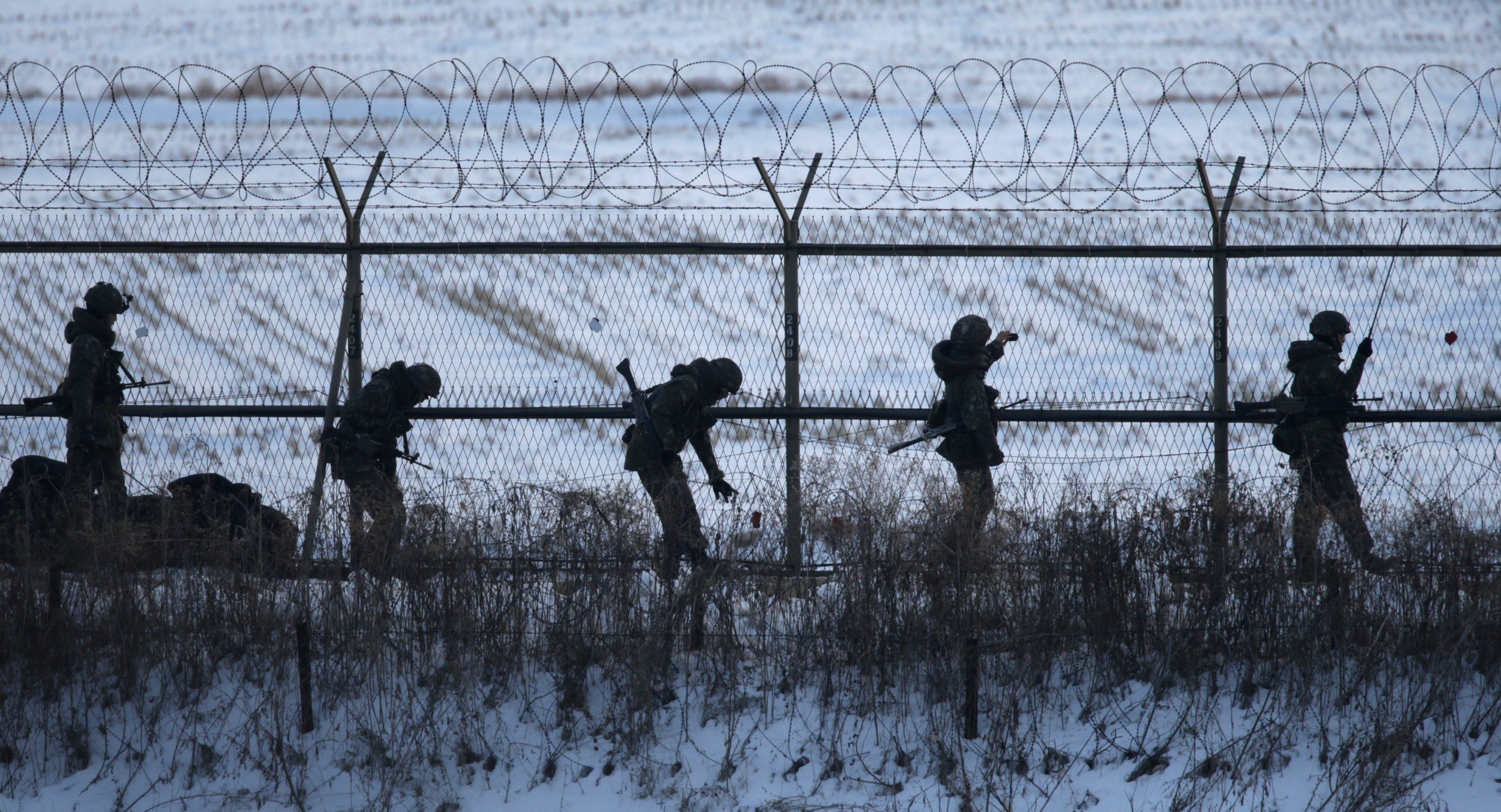Seoul’s painful history with North Korean infiltration – including deadly border skirmishes and incidents along the Korean Demilitarized Zone separating the countries – means it can’t afford to ignore Israel’s deadly experience with Hamas. Newly appointed Defense Minister Shin Won-shik cited the Hamas attacks on Tuesday when he said South Korea would suspend its participation in a military agreement with North Korea that limits where Seoul can deploy drones, ships, and foot patrols along the DMZ.
The agreement dates back to the previous administration of President Moon Jae-in, who pursued a policy of reconciliation with Pyongyang. But current President Yoon Suk-yeol has taken a hawkish tack. Though there have been no deadly border incidents since 2018, when the agreement was signed, Kim Jong Un’s missile and nuclear provocations have driven relations between the countries into the ditch – and Pyongyang has notably violated the agreement at least 12 times.
The opposition in control of South Korea’s legislature is likely to protest the move. They see the deal as a crucial safety valve that keeps tempers from boiling over – something they say is crucial when relations are so poor.
Still, the suspension is likely to be approved. While formally ending the deal entails a complex legal process, suspending it only requires the assent of the Cabinet.
